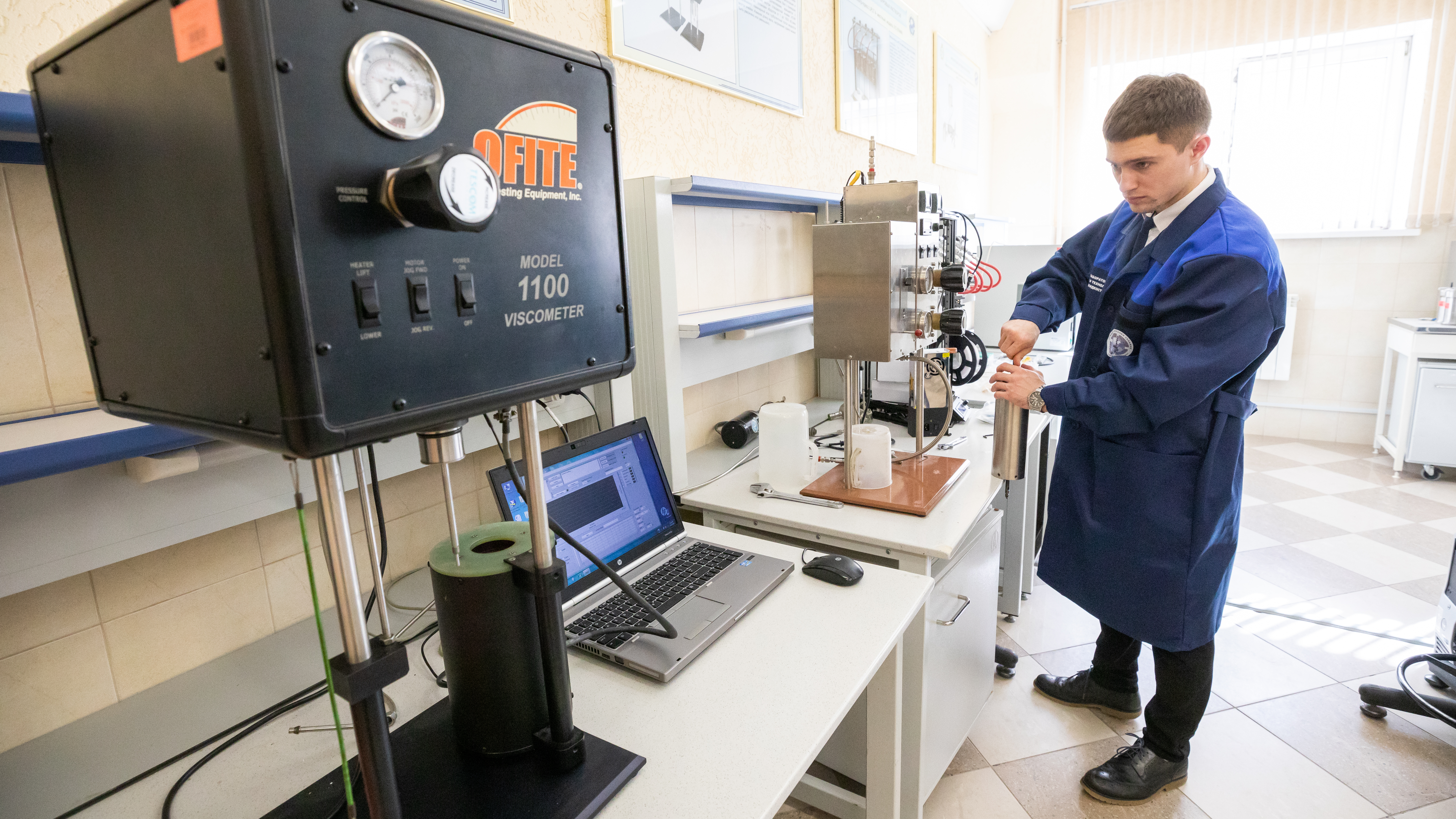In the course of training, students gain professional knowledge and competence in the field of theory and technology for producing non-ferrous, rare and precious metals based on the analysis of the current state of the world mining and metallurgical complex and the achievements of scientific and technological progress research, production and teaching activities.
Russia is the largest world power producing non-ferrous and rare metals;
The country has a significant number of the world's largest mining and metallurgical enterprises;
The ever-growing need for metal and the active development of the metallurgical industry makes the profession of metallurgist in consistent demand in the modern labor market;
High wages and social protection in metallurgical professions (technologists, designers, researchers, managers);
Broad prospects for scientific development.
Graduates of this specialization participate in the formation of the main areas of the development of domestic metallurgy. They work as researchers, take high executive positions in the largest companies producing gold, silver, metals of the platinum group, copper, nickel, cobalt, zinc, etc.
